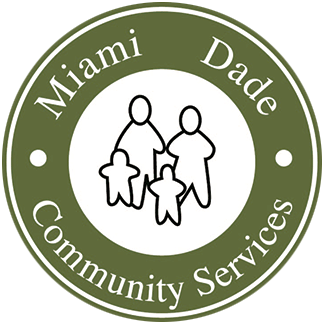Some over-the-counter (OTC) and prescription cough and cold medicines contain active ingredients that are psychoactive (mind-altering) at higher-than-recommended dosages and are frequently abused for this purpose. These products may also contain other drugs, such as expectorants and antihistamines, which are dangerous at high doses and compound the dangers of abuse.
Two commonly abused cough and cold medicines are:
• Dextromethorphan (DXM), a cough suppressant and expectorant found in many OTC cold medicines. It may produce euphoria and dissociative effects or even hallucinations when taken in quantities greater than the recommended therapeutic dose.
• Promethazine-codeine cough syrup, a medication that contains codeine, an opioid that acts as a cough suppressant and can also produce relaxation and euphoria when consumed at a higher-than-prescribed dose. It also contains promethazine HCl, an antihistamine that additionally acts as a sedative. Although only available by prescription, promethazine-codeine cough syrup is sometimes diverted for abuse.
How Are Cough and Cold Medicines Abused?
Cough and cold medicines are usually consumed orally in tablet, capsule, or syrup form. They may be mixed with soda for flavor and are often abused in combination with other drugs, such as alcohol or marijuana.
Because they are easily purchased in drugstores without a prescription, cough syrups, pills, and gel capsules containing DXM—particularly “extra strength” forms—are frequently abused by young people (who refer to the practice as “robo-tripping” or “skittling”). To avoid nausea produced by high doses of the expectorant guaifenesin commonly found in DXM-containing syrups, young people may instead abuse Coricidin® HBP Cough & Cold capsules (street name C-C-C or triple-C), which contain DXM but lack guaifenesin.
Drinking promethazine-codeine cough syrup mixed with soda (a combination called syrup, sizzurp, purple drank, barre, or lean) was referenced frequently in some popular music beginning in the late 1990s and has become increasingly popular among youth in several areas of the country. A variation of “purple drank” is promethazine-codeine cough syrup mixed with alcohol. Users may also flavor the mixture with the addition of hard candies.
How Does Abusing Cough and Cold Medicines Affect the Brain?
When taken as intended, cough and cold medicines safely treat symptoms of lower and upper respiratory congestion and discomfort caused by colds and flu. But when taken in higher quantities or when such symptoms aren’t present, they may affect the brain in ways very similar to illegal drugs.
When taken in high doses, DXM acts on the same cell receptors as dissociative hallucinogenic drugs like PCP or ketamine. Users describe effects ranging from mild stimulation to alcohol- or marijuana-like intoxication, and at high doses, sensations of physical distortion and hallucinations.
Codeine attaches to the same cell receptors targeted by illegal opioids like heroin. Consuming more than the daily recommended therapeutic dose of promethazine-codeine cough syrup can produce euphoria similar to that produced by other opioid drugs; people addicted to codeine may consume several times the recommended, safe amount. Also, both codeine and promethazine HCl act as depressants of the central nervous system, producing sedating or calming effects.
When abused, both codeine and DXM directly or indirectly cause a pleasurable increase in the amount of dopamine in the brain’s reward pathway. Repeatedly seeking to experience that feeling can lead to addiction—a chronic relapsing brain disease characterized by inability to stop using a drug despite damaging consequences to a person’s life and health.
What Are the Other Health Effects of Abusing Cough and Cold Medicines?
Abusing DXM can cause impaired motor function, numbness, nausea or vomiting, increased heart rate and blood pressure, and at high doses, extreme agitation, increased body temperature, and a buildup of excess acid in body fluids. High doses of acetaminophen, a pain reliever commonly found with DXM, can cause liver damage. On rare occasions, hypoxic brain damage—caused by severe respiratory depression and a lack of oxygen to the brain—has occurred as a result of the combination of DXM with decongestants often found in the medication.
When abused, promethazine-codeine cough syrup presents a high risk of fatal overdose due to its effect of depressing the central nervous system, which can slow or stop the heart and lungs. Mixing with alcohol greatly increases this risk. Promethazine-codeine cough syrup has been linked to the overdose deaths of a few prominent musicians.
